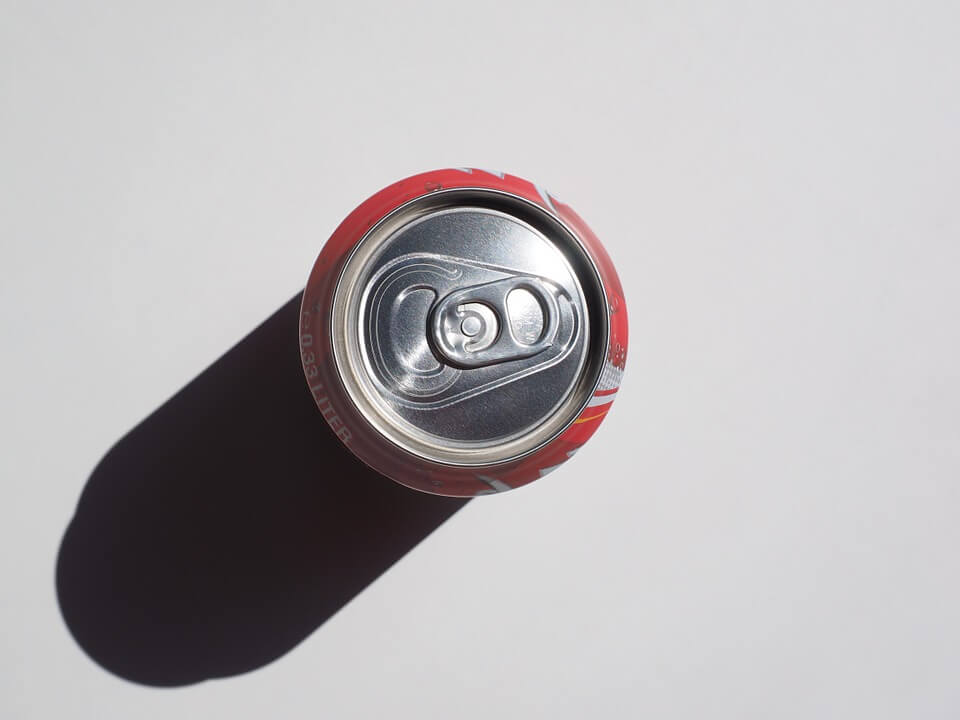
Coca-Cola’s Contribution to the Russian Economy Assessed at HSE University
Coca-Cola has invested over $6 billion in the Russian economy according to data published in a new study by the HSE Laboratory for Studies in Economic Sociology (LSES).
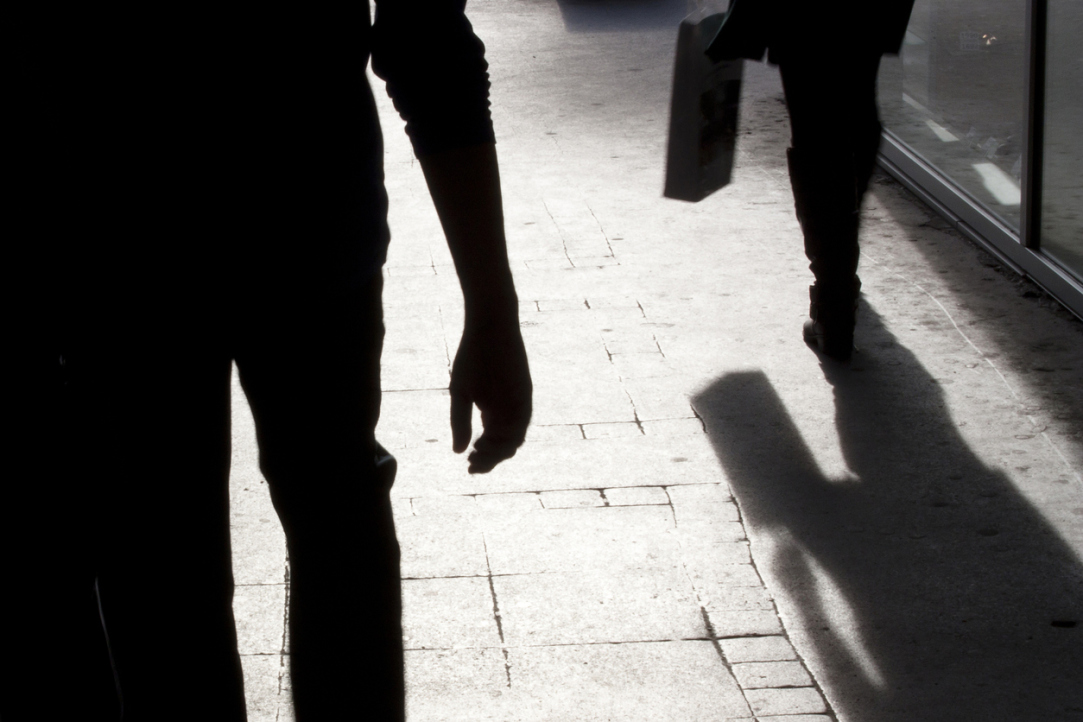
Fear of Violence: Why It Haunts Women in Big Cities
The greatest fear of young women living in big cities is that of sexual violence. It is not necessarily based on the actual crime rate in the city but often instilled by family and society. As a result, women tend to carefully pre-plan their behaviour and movements in 'suspicious' places based on safety concerns. HSE researchers interviewed a group of young women about certain aspects of their fears and strategies they use to deal with it.
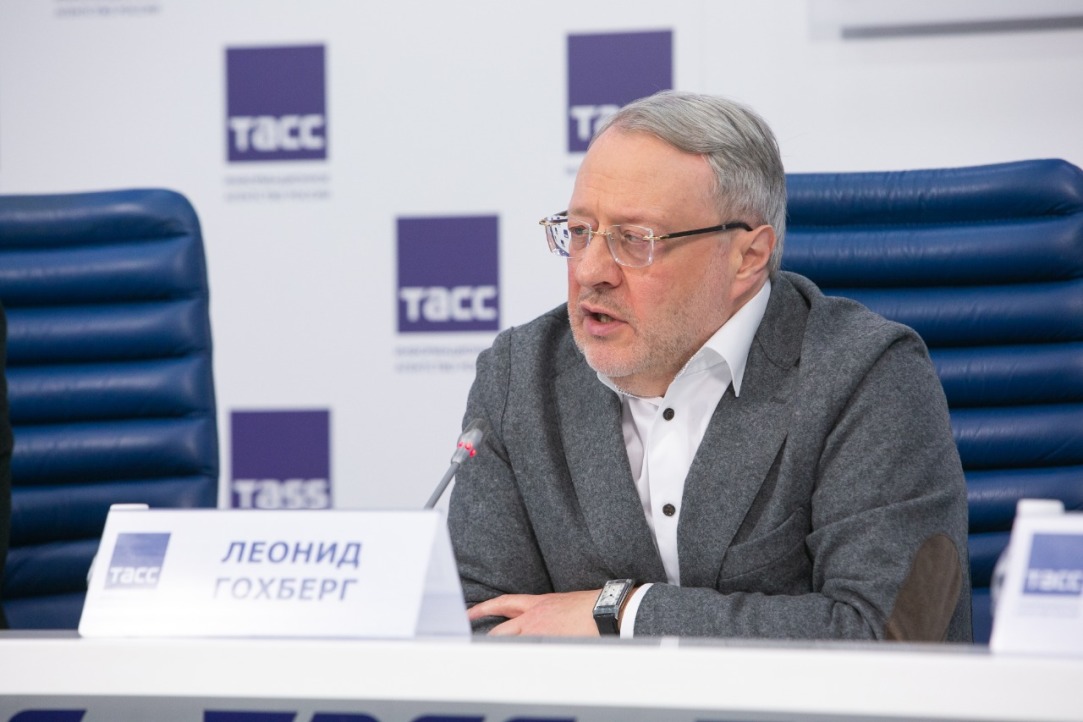
HSE Presents 6th Russian Regional Innovation Development Ranking
Moscow, Tatarstan and St. Petersburg are the leaders of the new ranking. Based on 53 indicators, the ranking can be used by regional governments to develop and optimize their innovation policy. The ranking presentation was held on October 31 at a press conference hosted by the TASS news agency.
‘Cognitive Skills Are not Sufficient to Be Successful in Labour Market’
This September, HSE – St. Petersburg hosted the 3rd IZA/HSE University Workshop on Skills and Preferences and Labor Market Outcomes in Post-Transition and Emerging Economies. HSE News Service spoke with Professor Lehmann, co-organizer of the workshop, about human capital, the importance of cognitive and noncognitive skills, and the challenges empirical labour economists encounter when studying these issues in post-transition and emerging economies.

Radioactive Bananas and Noize MC at @Pavlova Science Festival
What can modern genetics do? Can a robot learn how to write poetry? How can big data be used to predict crime? The ubiquity of digital technology in our everyday lives and in sciencewas the main theme of a festival organized by HSE University at the Digital October platform.

Beyond Normal: How Society Judges Large Families
Couples with three or more children often feel that others judge or refuse to understand them. Their decision to have many children seems to annoy their extended family, neighbours, colleagues, health professionals and government bureaucrats. Very often, other large families are the only one who offer them support. Based on findings from in-depth interviews, HSE researchers describe the effect that social interactions can have on fertility.
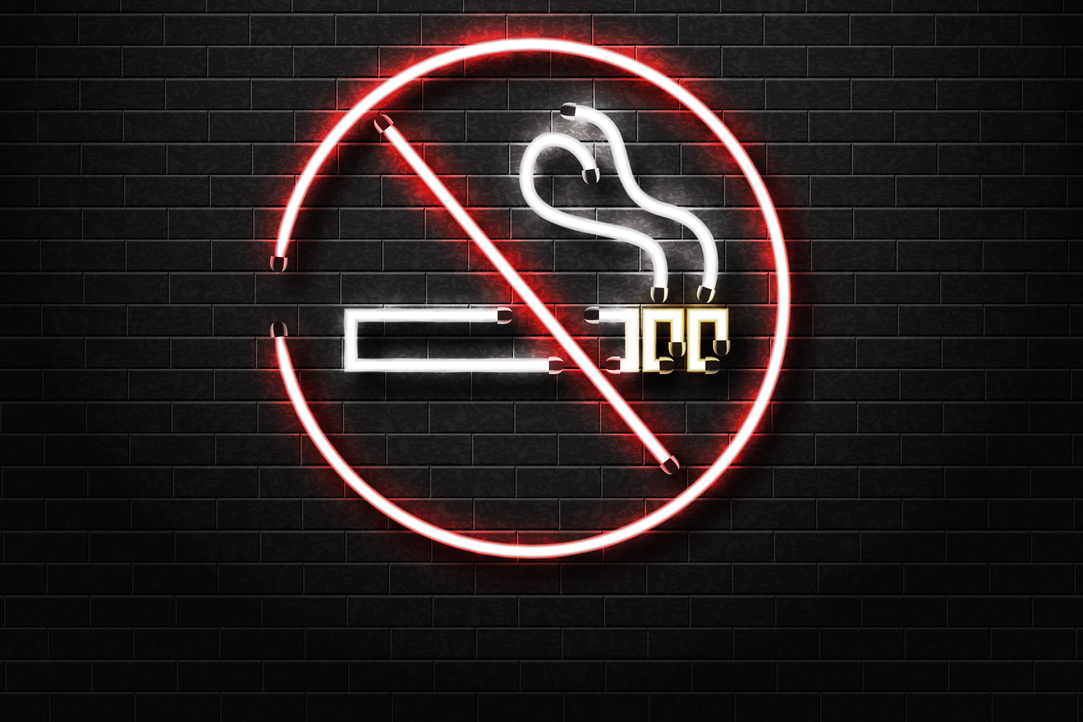
Illegal Smoking: Russians Who Smoke Where They Should Not
In 2013, Russia banned smoking in public places such as cafes, restaurants and nightclubs, as well as on trains, in playgrounds, etc. Statistical analysis has revealed, however, that 26% of male and 28% of female smokers do not always comply with these smoking bans. A full report from a study by Ludmila Zasimova, Assistant Professor at the HSE Department of Applied Economics, has been published in the International Journal of Public Health.
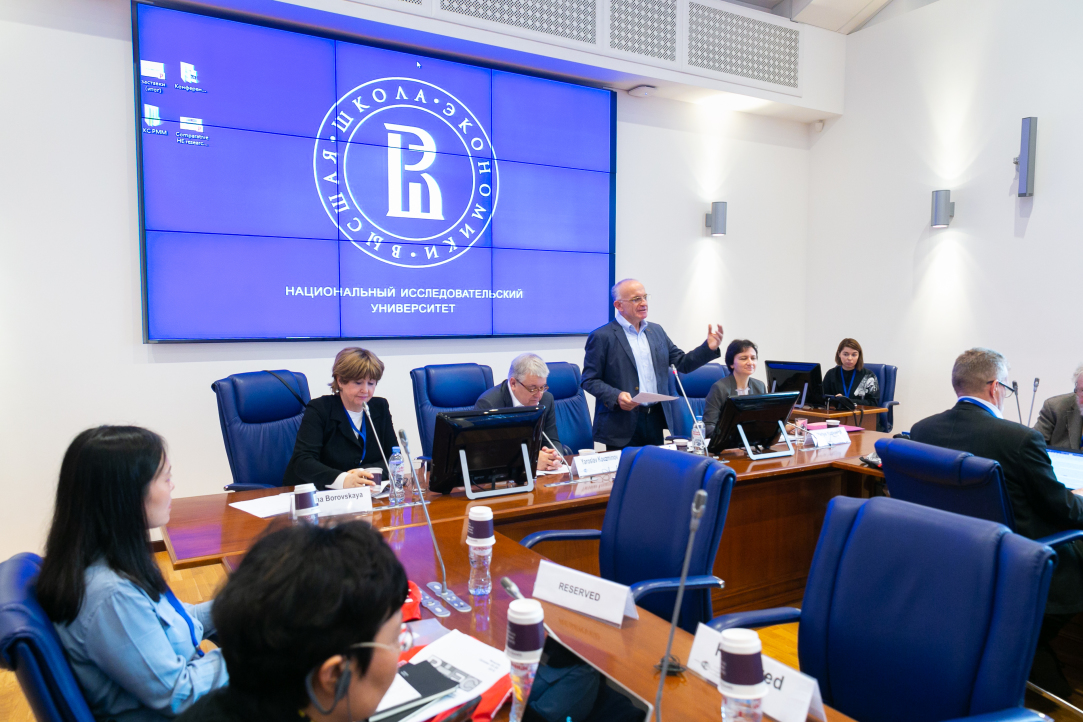
International Higher Education Conference Opens at HSE University in Moscow
The tenth International Russian Higher Education Conference (RHEC) has commenced in Moscow this week and will last until October 25. This year’s conference focuses on ‘Contributions of Higher Education to Society and Economy: Global, National and Local Perspectives.’
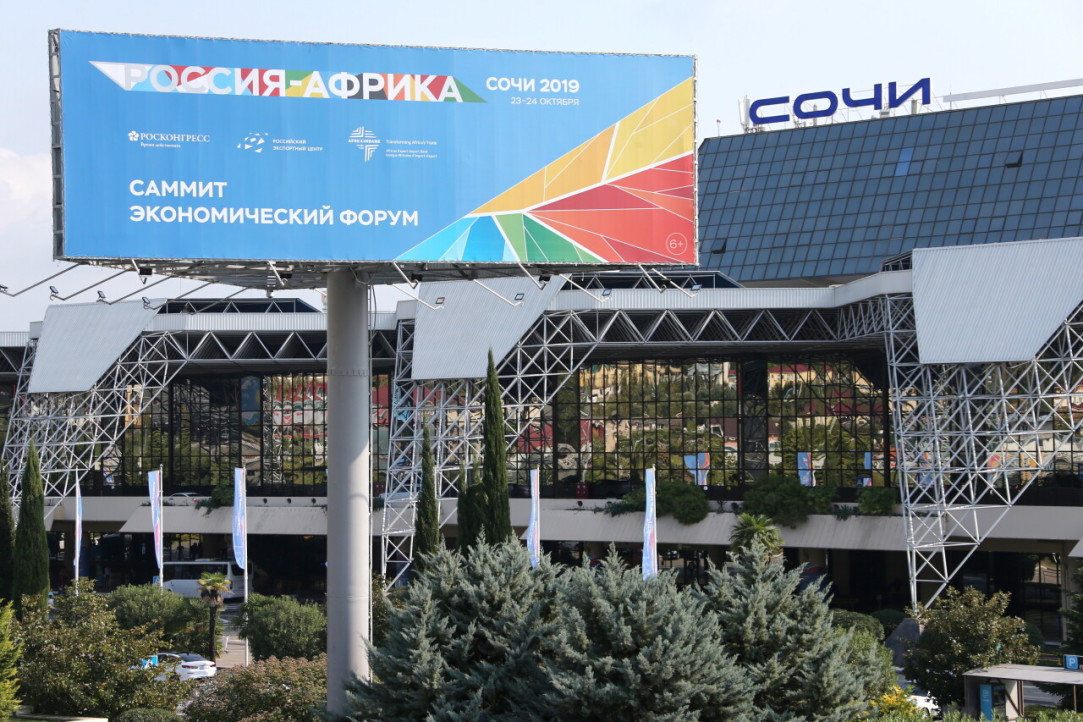
HSE Joins the Russian-African Cooperation Agenda
HSE University, together with Intexpertise LLС, Russian foreign economy research centre, will create a Centre for African Studies. The Centre will be based at the HSE Faculty of World Economy and International Affairs and will be a leading analytical platform in support of Russian-African relations. The founding of the Centre will be announced at the Russia-Africa Economic Forum, which begins in Sochi on October 23.
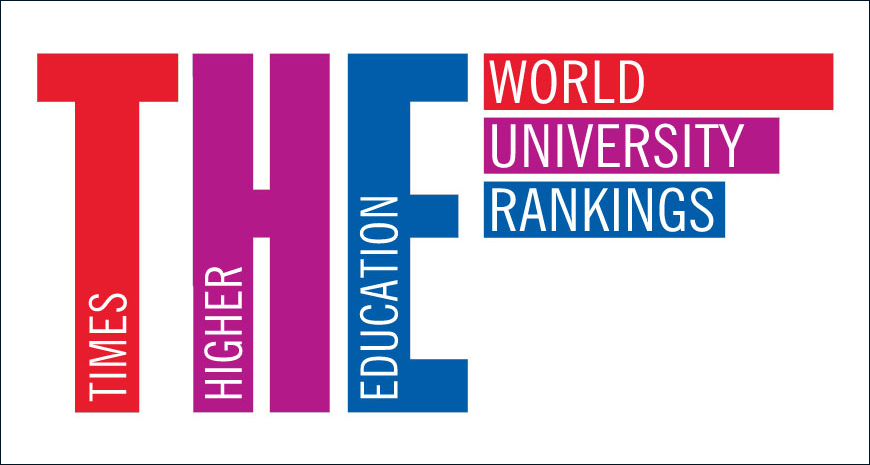
HSE Maintains Its Position in Two THE Subject Rankings
HSE University has once again placed in two subject rankings of the Times Higher Education (THE) World University Rankings: Computer Science (in the top 400) and Engineering and Technology (in the 601-800 range).

